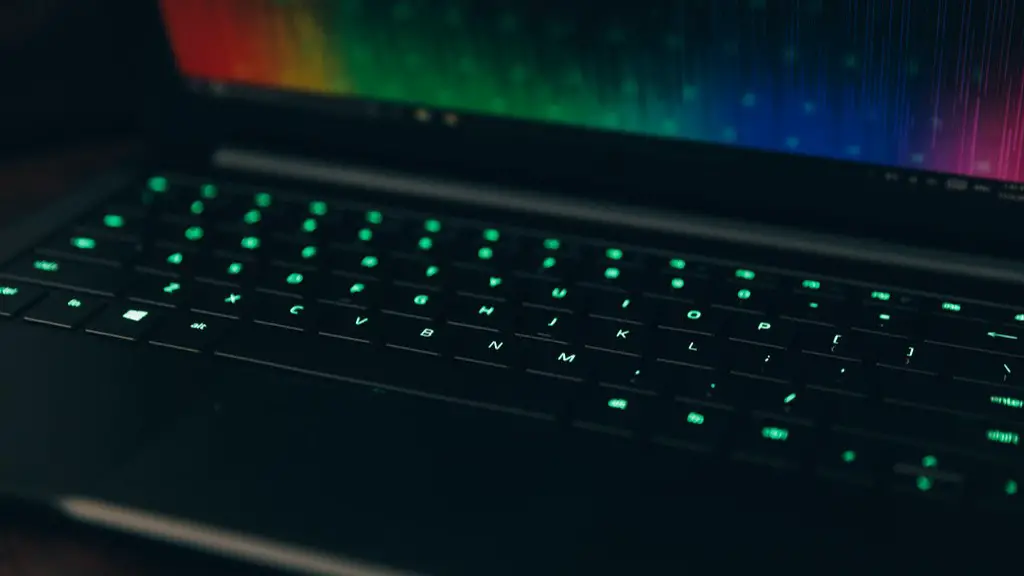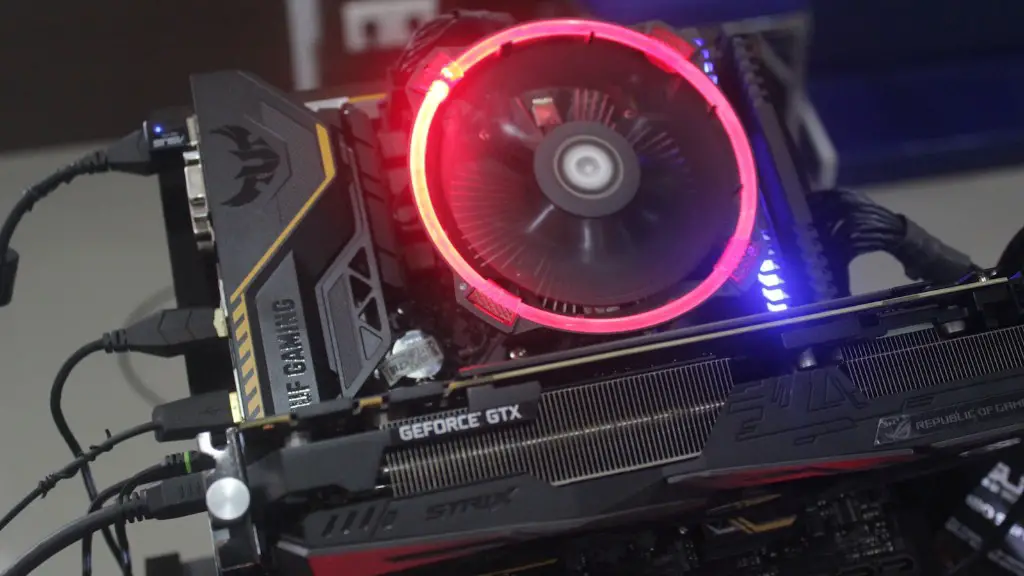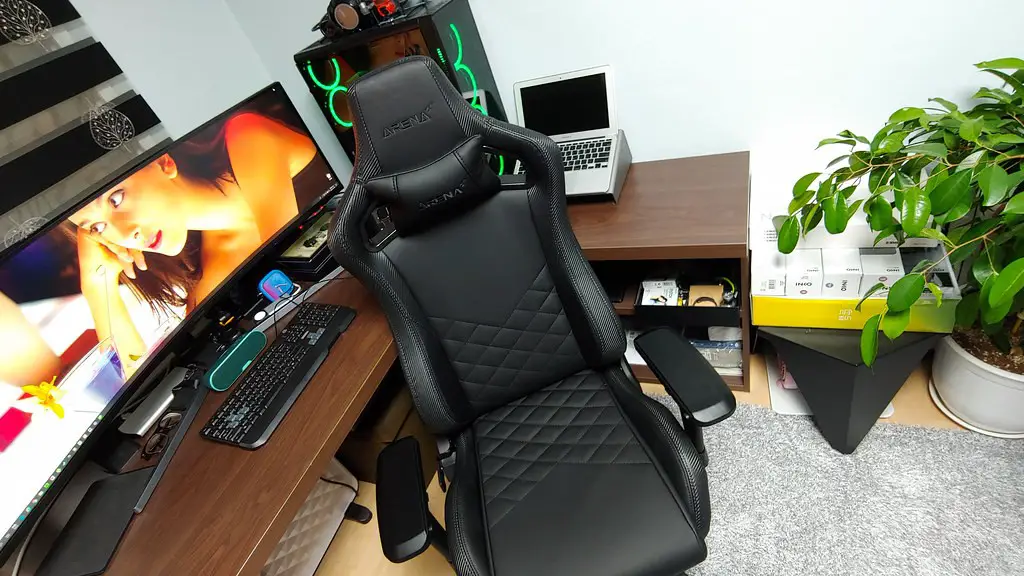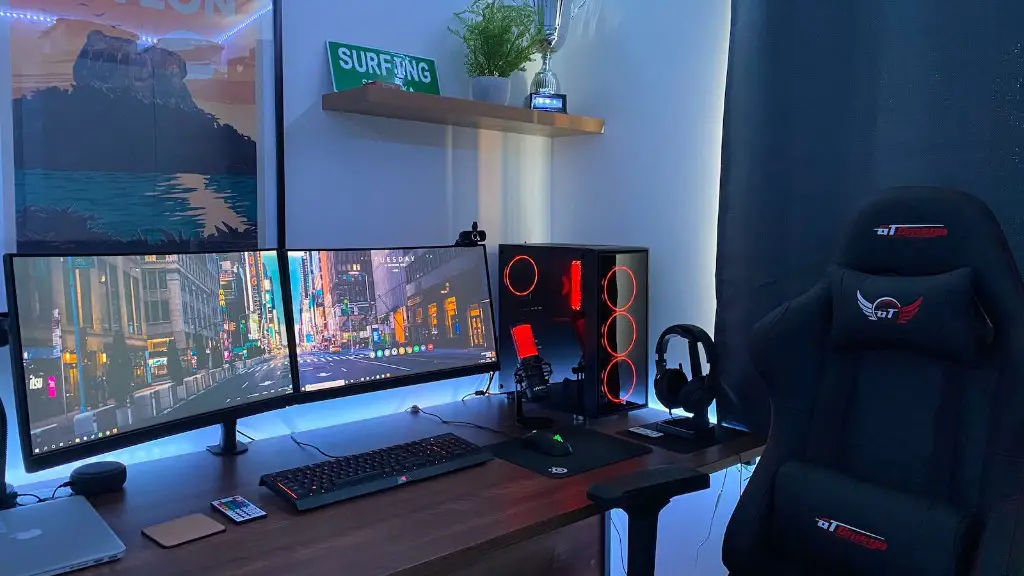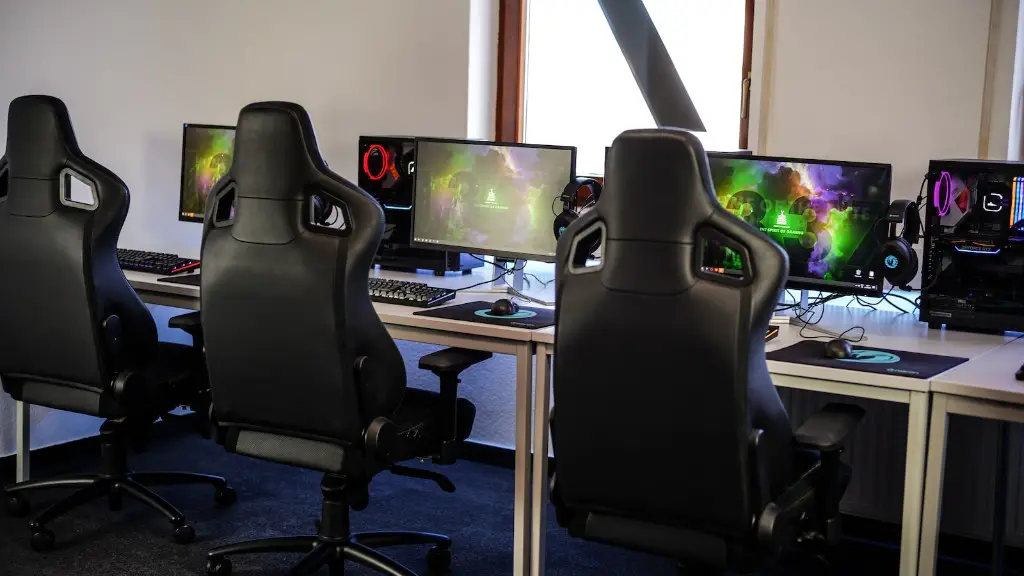For those who love gaming and need an economic laptop that still runs games smoothly and with little to no lag, there are various options available on the market. Many people don’t realize that a laptop that can run games economically and with enough graphical power for good quality visuals and audio doesn’t cost as much as traditional gaming laptops. An economic gaming laptop is perfect for those who don’t want to spend a fortune but still want to be able to play the latest and greatest games.
The technology and hardware used in an economic gaming laptop today are very different from what it used to be. There has been an incredible evolution in the advancements made when it comes to laptop designs, CPU and GPU power, cooling systems and more. Knowing what to look for in an economic gaming laptop can be intimidating for a novice but anyone can learn to be more familiar with the specs and features needed in a less expensive laptop that has enough power to actually game on.
When looking for an economic gaming laptop, the first thing you need to consider is the processor. A laptop can have a great GPU but if the processor is low, it will have a harder time executing graphics-intensive tasks. Intel Core i3, i5 and i7 CPUs are considered good enough for gaming, depending on your budget. The i7 one will be more expensiver.
Other crucial hardware features to look for includes at least 8GB of RAM as most modern games require at least 4GB for smooth performance. Additionally, an NVidia GeForce GTX 1050 or higher GPU is recommended for a good gaming experience. A 1TB hard drive is also recommended and an SSD will give you faster loading times.
Battery life is also an important factor to consider when shopping for an economic gaming laptop. Most gaming laptops have poor battery life, so if you’re looking for long-term gaming, look for one that offers at least 6 to 8 hours of playtime.
In terms of ports and connectivity, most economic gaming laptops must have an HDMI out, ethernet port and USB 3.0 ports. HDMI out is necessary because you may need to route the video output to a external display or projector. The ethernet port will allow you to connect to a high-speed network and the USB 3.0 port will allow you to connect peripherals like a mouse, keyboard, and external storage.
A laptop with a good cooling system is also essential in order to keep the CPU and GPU running at the optimal temperatures when gaming. A good cooling system will also ensure that the laptop runs more quietly, as most economic gaming laptops tend to be noisy when in full use.
Finally, most gaming laptops come with a display that has a refresh rate of least 120 Hz. A refresh rate of this speed will dramatically improve gaming performance as it speeds up the response time of a laptop.
Display and Graphics Quality
The display and graphics quality of an economic gaming laptop are essential elements to consider. Many of these laptops have a 1080p resolution, which is an acceptable resolution for a laptop, as it is easily sharp enough. However, if you are looking for a laptop that has a 4K display resolution then you will have to pay a bit more. High-end gaming laptops will have 4K resolution displays.
In addition to having a good resolution, you will also want to consider the display size. This can vary quite a bit between laptops. Generally, a laptop of 15.6 inch should be ideal for gaming, but for some games, you may want to a laptop with a larger screen size. This will give you wider viewing angles and a more immersive gaming experience.
Finally, it’s important to also consider the quality of the graphics card. As mentioned above, a laptop with an NVidia GeForce GTX 1050 or higher GPU should be suffice for most gaming needs. If you are looking for a laptop that can run even more graphics-intensive games, then you may want to look into an RTX 2060 or higher. Both NVidia and AMD make great GPUs, so you can have ample choice when it comes to getting the right laptop.
Physical Build and Durability
When it comes to buying an economic gaming laptop, it’s important to look at the physical build and durability. Many of the laptops that are cheaper tend to have plastic bodies and lightweight aluminum chassis, which still offer good construction and durability.
It’s also important to look at how easy it will be to upgrade certain components. This can be especially important when it comes to RAM or GPUs, as you may need to upgrade these components in the future if you plan to play more graphics-intensive games. Most cheaper gaming laptops will have easily upgradable components.
In addition to the physical build of the laptop, it’s also important to look at the overall design of the laptop. Many laptops come with RGB lighting, and if you are looking for a gaming laptop on a budget then this may not be an option. However, some laptops will still have customizable lighting, so this is still something to consider when looking for an economic gaming laptop.
Heat and Sound Output
Heat output, noise levels, and fan noise can all impact on the overall gaming experience, and so it’s important to look for an economic gaming laptop that has a good cooling system.
Laptops with larger fans and better ventilation are generally able to keep temperatures more consistent, and they often run quieter too. Furthermore, most economic gaming laptops come with dedicated cooling fan slots, so these should be looked for when shopping for a new machine.
In addition to the fan, it’s also important to look at the overall noise output. Many laptops today come with sound dampening material which can help keep fan noise to a minimum. Furthermore, many gaming laptops come with dedicated exhaust and intake ports which help keep temperatures down.
Ports and Outputs
Most ports and outputs on an economic gaming laptop should be similar to a standard laptop, with a few extra. You should make sure to check for extra USB ports, an HDMI output and multiple display outputs. Most modern gaming laptops will come with at least one HDMI out port, and multiple USB 3.0 ports for connecting to external hard drives.
Most gaming laptops come with dedicated GPU outputs, and these will often be in addition to the HDMI output. The GPU ports are necessary for connecting multiple displays and external GPUs, so these should also be looked for.
Some gaming laptops come with Thunderbolt 3 ports, and these can be used for data transfer and even connecting external GPUs. Thunderbolt 3 is a relatively new technology and can be found on some of the pricier gaming laptops.
Finally, it’s important to look for a laptop with good network connectivity. An Ethernet port will be necessary if you are going to be connecting to a wired network, while Wi-Fi connectivity can also be important if you need to connect to a wireless network.

